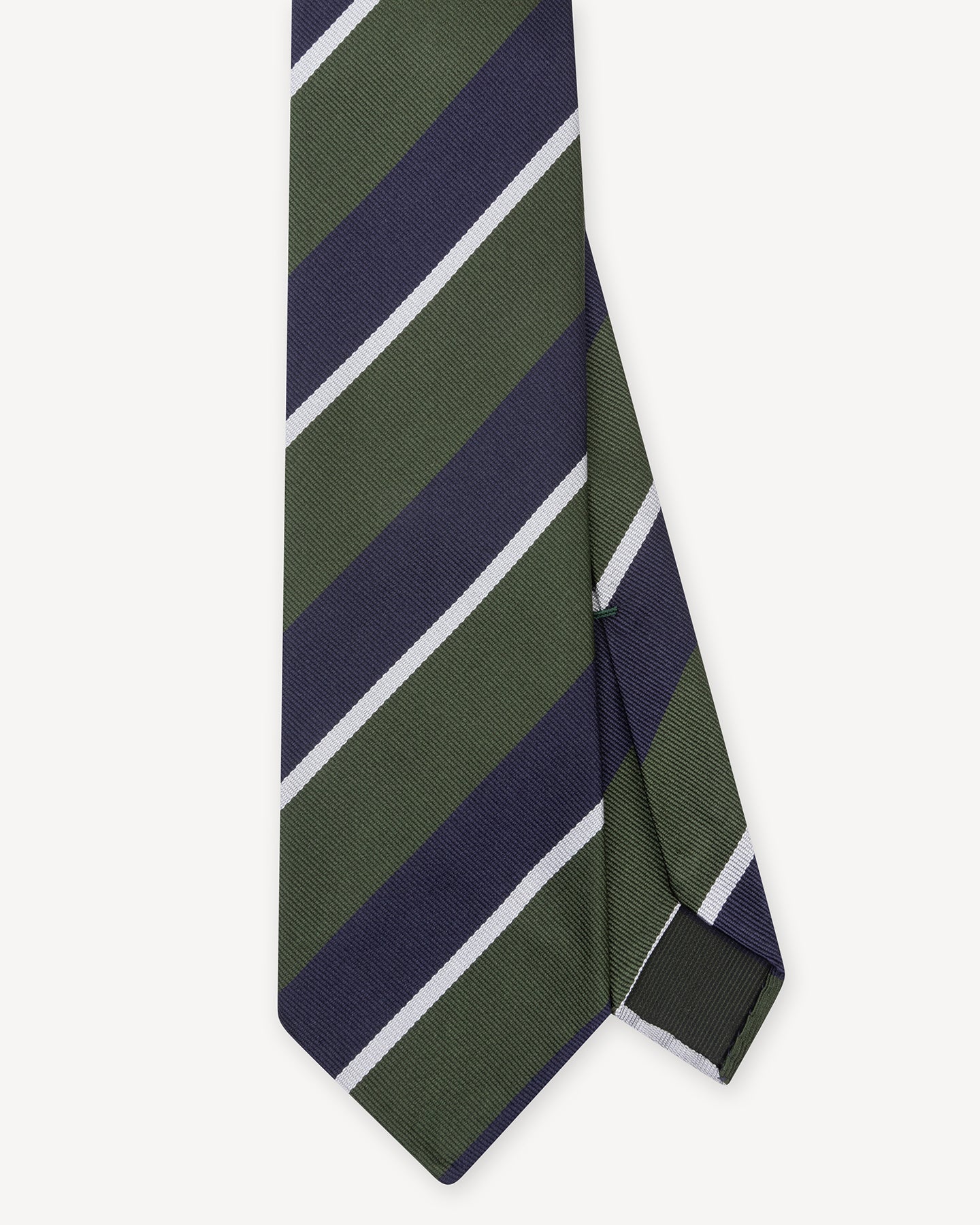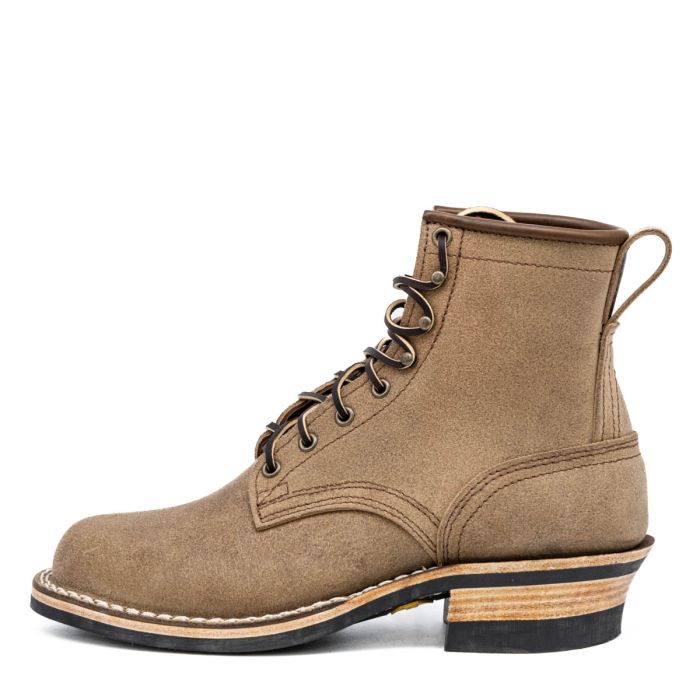FopTalk
Member
- Joined
- Mar 21, 2016
- Messages
- 13
- Reaction score
- 1
I own a bunch of RTW Luigi Borelli shirts and a couple of RTW Kiton shirts. I think they're beautiful and I love them.
Now I know that these shirts, particularly the ones by Kiton, contain a lot of handwork. I've inspected the stitching and various parts are clearly done by hand, not machine. It's particularly noticeable (and oddly impressive) on my Kiton shirt's button holes, evidenced by dense, irregular stitching pattern. I appreciate that this means more labour when into to making it and this begins to explain why they're so expensive.
However, when I think about it more deeply, why should anyone care that a shirt or parts thereof were stitched together by hand? How does that benefit the consumer? Wouldn't logic suggest that machine stitching means fewer irregularities, less chance of wear of tear and maybe even better fit?
I've asked my tailor about this and I don't feel I've ever gotten a coherent answer. He told me that when a suit or a shirt is hand-stitched, the garment moves and pulls better and complements the body better than machine-stitched. I don't see how that makes sense.
If a garment is bespoke, than I might be willing to believe that hand-stitching procures benefits as the specific irregularities of your body might be accounted for (but, even then, I fail to understand why a sewing machine couldn't do the same thing better).
So, please explain to me why I should care that a garment is handmade? And when something is advertised as "handmade", is there any way to discern how much was in fact made by hand?
Would love some help on this one.
Now I know that these shirts, particularly the ones by Kiton, contain a lot of handwork. I've inspected the stitching and various parts are clearly done by hand, not machine. It's particularly noticeable (and oddly impressive) on my Kiton shirt's button holes, evidenced by dense, irregular stitching pattern. I appreciate that this means more labour when into to making it and this begins to explain why they're so expensive.
However, when I think about it more deeply, why should anyone care that a shirt or parts thereof were stitched together by hand? How does that benefit the consumer? Wouldn't logic suggest that machine stitching means fewer irregularities, less chance of wear of tear and maybe even better fit?
I've asked my tailor about this and I don't feel I've ever gotten a coherent answer. He told me that when a suit or a shirt is hand-stitched, the garment moves and pulls better and complements the body better than machine-stitched. I don't see how that makes sense.
If a garment is bespoke, than I might be willing to believe that hand-stitching procures benefits as the specific irregularities of your body might be accounted for (but, even then, I fail to understand why a sewing machine couldn't do the same thing better).
So, please explain to me why I should care that a garment is handmade? And when something is advertised as "handmade", is there any way to discern how much was in fact made by hand?
Would love some help on this one.



